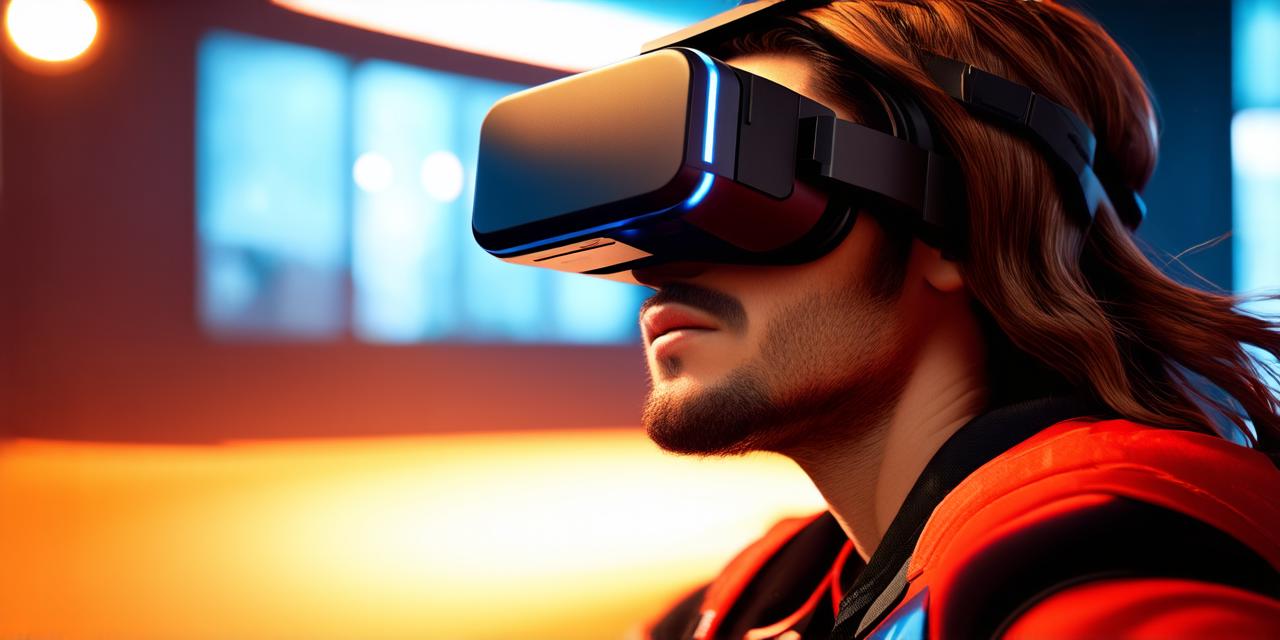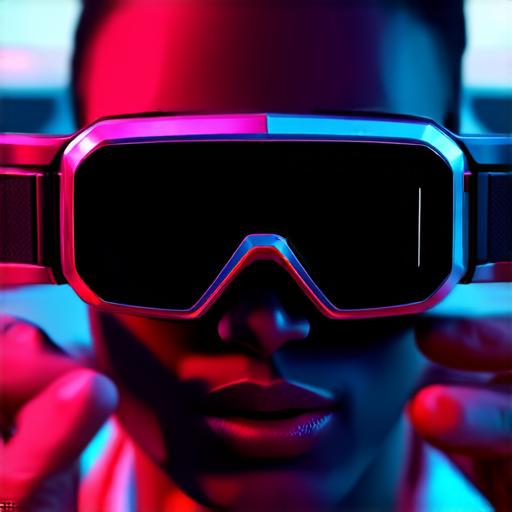
Exploring the Benefits of Virtual Reality Glasses
Exploring the Benefits of Virtual Reality Glasses: A Comprehensive Guide for Virtual Reality Developers
Introduction
Virtual reality has been around for decades, but it wasn’t until the advent of VR glasses that it truly became accessible to everyday users. These devices allow users to step into a fully immersive world, providing an unparalleled level of engagement and interactivity. As virtual reality continues to grow in popularity, so too does the demand for virtual reality glasses.
User Experience
One of the primary benefits of virtual reality glasses is their impact on user experience. These devices allow users to fully immerse themselves in a virtual world, providing an unparalleled level of engagement and interactivity. This increased engagement leads to a more memorable experience for users, which can be crucial in attracting and retaining customers.
Virtual reality glasses also provide a higher level of fidelity than traditional displays. By offering a 360-degree view of the environment, these devices allow users to see everything around them, providing a more realistic and immersive experience. This increased realism can be especially important in industries such as healthcare or education, where users need to have an accurate representation of the real world in order to make informed decisions or learn new skills.
Productivity
Virtual reality glasses can also have a significant impact on productivity. By providing a fully immersive environment, these devices allow users to focus on their work without being distracted by the outside world. This increased focus can lead to faster completion of tasks and higher levels of efficiency.
Additionally, virtual reality glasses can provide a safe and controlled environment for employees to practice new skills or perform dangerous tasks. For example, a construction worker could use virtual reality glasses to simulate a dangerous job site without putting themselves at risk. This increased safety can lead to fewer accidents and injuries, ultimately resulting in lower costs for employers.
Virtual reality glasses are often more cost-effective than traditional displays. These devices are designed to be lightweight and portable, making them easy to transport and set up wherever they are needed. Additionally, virtual reality glasses can reduce the need for physical equipment, such as monitors or projectors, which can be expensive to purchase and maintain.
Real-Life Examples
Virtual reality glasses have already found success in a number of industries. In healthcare, these devices are being used to provide patients with an accurate representation of their environment, allowing them to better understand and manage their conditions. For example, virtual reality glasses are being used to treat phobias by simulating the feared environment, helping patients overcome their fears in a controlled setting.
In education, virtual reality glasses are being used to provide students with an immersive learning experience. These devices allow students to explore historical events or scientific concepts in a fully interactive and engaging way. This increased engagement can lead to better retention of information and improved academic performance.
Virtual reality glasses have also found success in the gaming industry. These devices allow gamers to fully immerse themselves in a virtual world, providing an unparalleled level of engagement and interactivity. As a result, virtual reality games are becoming increasingly popular, with many top developers already releasing VR-only games.
FAQs
Q: Are virtual reality glasses expensive?

A: Virtual reality glasses can be more expensive than traditional displays, but there are also many cost-effective options available. The price of VR glasses will depend on the specific device and its features.
Q: Can virtual reality glasses be used for any purpose?
A: Virtual reality glasses have a wide range of applications, including healthcare, education, gaming, and more.